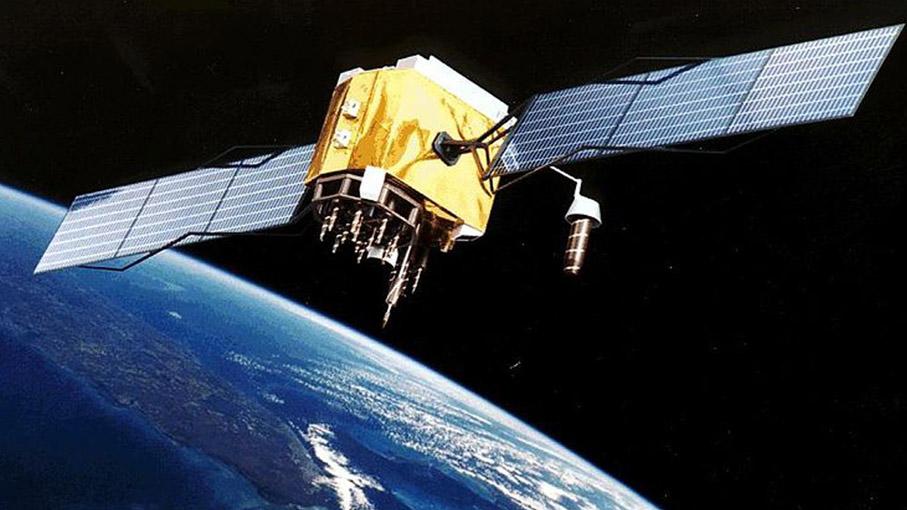China plans for its Beidou navigation system to be equipped with the ability to provide global services in 2020, with 30 more navigation satellites scheduled to be launched into space by then.
Partner countries in China’s Belt and Road Initiative are expected to be covered by the upgraded system, known as Beidou-3, in 2018 when 18 or so new satellites will be in service, six to eight of which are set to be launched this year, local media reported.
The satellites will improve the positioning accuracy to within 2 meters for civilian use, and have a lifespan of 12 years, China Daily said.
The current Beidou-2 system, which won top prize for technological progress in the country’s national science and technology awards on Monday, consists of 14 satellites and 32 ground stations that are able to serve the whole Asia-Pacific.
Beidou-2 now has over 10 million registered civilian users, who have contributed to the 1.2 billion times of active location services as provided by Beidou till now, Xinhua news agency said.
These users span from fishermen on the South China Sea who use the Beidou system to call home, to city dwellers who use it to check bus schedules, China National Radio (CNR) reported.
In the near future, Beidou will be used for reporting disasters and remotely monitoring electrical faults, while Beidou-based derivatives are expected to include watches and senior citizen cards.
Of the 190 billion yuan total output value generated by China’s satellite navigation industry, 30 percent is contributed by Beidou, CNR said. Based on completely self-owned technologies, Beidou has rid China of the reliance on foreign satellites for navigation service, Beidou-2’s former deputy chief designer Li Zuhong told CNR.
Moreover Beidou has accommodated more functions than does, for example, GPS and Europe’s Galileo system, Li said.

 Old Version
Old Version